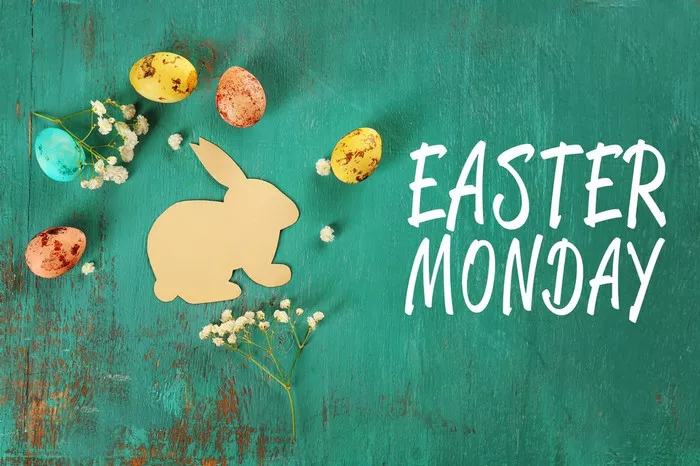Easter Monday, the day following Easter Sunday, holds a significant place in the Christian calendar and cultural traditions across the globe. While Easter Sunday is often celebrated with grand religious services, family gatherings, and festive meals, Easter Monday carries its own unique importance. Beyond its religious significance, Easter Monday serves as a day for reflection, relaxation, and continuation of the Easter festivities. This article explores the historical, religious, and cultural significance of Easter Monday, examining its traditions, customs, and contemporary relevance.
Historical Origins and Religious Significance
The roots of Easter Monday can be traced back to early Christian traditions and the events surrounding the resurrection of Jesus Christ. According to Christian theology, Easter Sunday marks the culmination of Holy Week, commemorating the resurrection of Jesus three days after his crucifixion. This pivotal event is central to Christian faith, symbolizing victory over death and the promise of eternal life.
Easter Monday, as the day following Easter Sunday, is imbued with a sense of continuation and reflection on the significance of Christ’s resurrection. In many Christian denominations, Easter Monday is observed as a solemn day of prayer and contemplation, allowing believers to deepen their understanding of the Easter message and its implications for their lives.
Beyond its religious significance, Easter Monday also holds historical importance in the development of Christian liturgical practices. Early Christian communities celebrated Easter as a season rather than a single day, with Easter Monday marking the beginning of the Easter Octave—a period of eight days devoted to rejoicing in the resurrection of Christ. During this time, special liturgies and prayers were offered, emphasizing the themes of redemption and renewal.
Cultural Traditions and Customs
In addition to its religious significance, Easter Monday is celebrated with various cultural traditions and customs that vary across different regions and countries. These traditions often reflect a blend of Christian symbolism and pre-Christian folklore, highlighting the rich tapestry of cultural heritage associated with the holiday.
One widespread custom observed on Easter Monday is the Easter egg roll, particularly popular in Western countries such as the United States and the United Kingdom. Dating back centuries, this tradition involves rolling decorated eggs down grassy hillsides, symbolizing the rolling away of the stone from Jesus’ tomb. The White House Easter Egg Roll in the United States is perhaps the most famous iteration of this tradition, attracting thousands of visitors each year.
In many European countries, Easter Monday is also associated with various folk festivals and outdoor celebrations. In Poland, for example, Śmigus-Dyngus (also known as Wet Monday) is observed, during which people engage in water fights and douse each other with water, symbolizing purification and renewal. Similarly, in Hungary, Easter Monday is celebrated with traditional folk dances, feasting, and the sprinkling of water or perfume as a symbol of blessing.
Contemporary Relevance and Modern Celebrations
While Easter Monday retains its religious and cultural significance, its observance has evolved over time to reflect changing social and cultural dynamics. In many modern societies, Easter Monday has become a public holiday, providing an opportunity for people to rest, spend time with family and friends, and engage in leisure activities.
For some, Easter Monday serves as a continuation of Easter Sunday celebrations, with families gathering for festive meals and outdoor activities. In many cultures, traditional Easter foods such as roast lamb, hot cross buns, and Easter desserts are enjoyed on Easter Monday, adding to the sense of communal celebration.
Moreover, Easter Monday often marks the beginning of springtime festivities and seasonal traditions. In agricultural communities, it is a time for planting crops, tending to gardens, and welcoming the arrival of warmer weather. In urban areas, Easter Monday may be marked by parades, fairs, and other community events that celebrate the onset of spring.
Conclusion
In conclusion, Easter Monday holds both religious and cultural significance as a day of reflection, renewal, and celebration. Rooted in the Christian tradition of commemorating the resurrection of Jesus Christ, Easter Monday has evolved to encompass a wide range of customs and practices that reflect the diversity of human experience and expression.
Whether observed through solemn prayer and contemplation or joyful festivities and communal gatherings, Easter Monday serves as a reminder of the enduring hope and promise of redemption found in the Easter message. As we continue to mark this special day each year, let us embrace its rich tapestry of traditions and customs, finding meaning and inspiration in the timeless message of resurrection and renewal.

